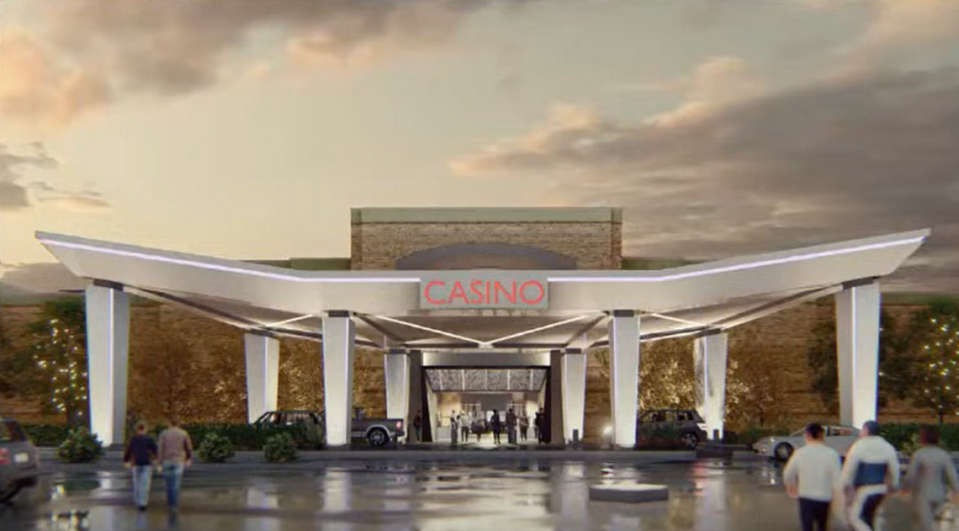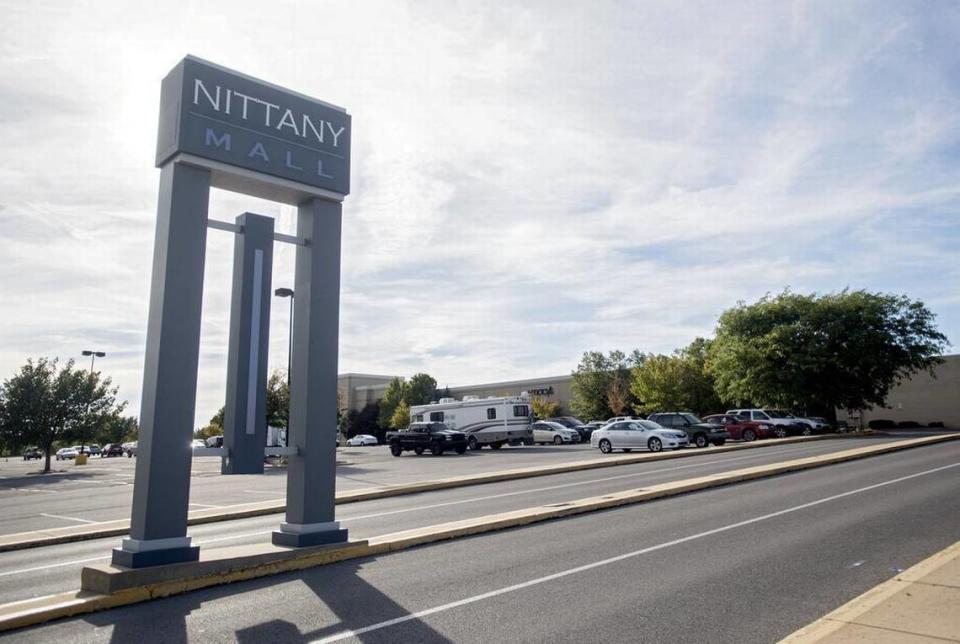Nittany Mall Casino can move forward, Pa. Supreme Court rules. What happens next?
After a legal quagmire that spanned nearly four years, Centre County’s proposed mini-casino has finally been cleared to move forward with construction — although it’s still unknown when it might break ground.
The Pennsylvania Supreme Court put an end to the legal saga earlier this week by unanimously ruling in favor of the Pennsylvania Gaming Control Board and, by extension, Penn State alum Ira Lubert and the company looking to construct the Nittany Mall Casino.
At this point, one day after Wednesday’s ruling was issued, construction timelines and future plans have not been publicly released. Lubert could technically still choose not to build the casino, but he would forfeit his winning $10 million bid for the casino license — and a gaming control board spokesman acknowledged Thursday they “clearly don’t expect that to occur.”
“We are pleased that this project can move forward and begin to generate tax dollars and provide employment in the future,” board spokesperson Doug Harbach added in a written statement, lauding the state Supreme Court’s decision.
An official from College Township, the municipality that houses the Nittany Mall, said they were informed of the ruling in a call Wednesday from the casino’s future general manager/CEO. According to assistant township manager Mike Bloom, they were not told of an updated timeline but were previously informed, once construction starts, it would take about 12 months — which also reflects previous publicly released estimates.
“College Township is pleased that the PA Supreme Court ruling ends this period of uncertainty on whether or not the casino project can proceed,” Bloom said, adding the township hopes the casino will stabilize the mall, revitalize the area and create new community jobs.
The Centre Daily Times did not receive immediate comments from a number of other related sources — including Lubert, who formed SC Gaming OpCo. to operate the casino; the Nittany Mall; and Bally’s Corporation, which partnered with Lubert.
More information on the casino’s future plans is expected to be released in the coming days, weeks and months.
But, for now, the ruling from Pennsylvania’s highest court serves as the most significant progress yet in a process that first began on Sept. 2, 2020. On that day, two companies placed competing bids for a Category 4 (mini-casino) license — and Lubert won with a bid of $10,000,101. It was discovered soon thereafter he intended to build the mini-casino inside the Nittany Mall, at the site of the former Macy’s.
Five months later, Lubert then announced he was partnering with Bally’s Corporation to bring the $120 million mini-casino to reality. But the losing bidder — Stadium Casino RE, which runs Live! Casino & Hotel Philadelphia — objected and eventually filed a lawsuit, demanding a new bidding process or to be awarded the winning bid, after alleging Lubert ran afoul of the Pennsylvania Gaming Control Board’s rules and regulations.
Stadium Casino RE alleged Lubert improperly paid for the license because he had ineligible partners since some did not already have the required casino interests in Pennsylvania. But, the state’s highest court ruled, Lubert paid the entirety of his winning bid out of his own account — and it’s irrelevant if a portion of that money was given to Lubert from another source.
The Court “rejects Stadium’s attempt to equate financial interests with ownership, allowing that while that might be an accurate proposition in some situations, the facts here do not support such a conclusion,” Justice Christine Donohue wrote in the opinion.
The state Supreme Court found that the Pennsylvania Gaming Control Board acted appropriately, affirmed their approval of Lubert’s casino license and dismissed Stadium Casino RE’s case.
The ruling put what should be an end to a 4-year-long process that saw the January 2023 approval of the State College area casino license. The gaming control board and mini-casino owner(s) have already held public hearings in Centre County and Harrisburg, taken part in numerous legal appeals and have patiently waited for the go-ahead with construction.
The 24/7 nonsmoking mini-casino will have have up to 750 slot machines, 30 table games, a sports betting area, a restaurant and a bar. Officials previously told the CDT the host municipality receives 2% of gross revenue from slot machines and 1% of table games. (The same goes for the county.) And, according to a consultant, College Township would likely stand to receive about $1.6 million during the casino’s first year of operation.
This story will be updated if more information becomes available.


